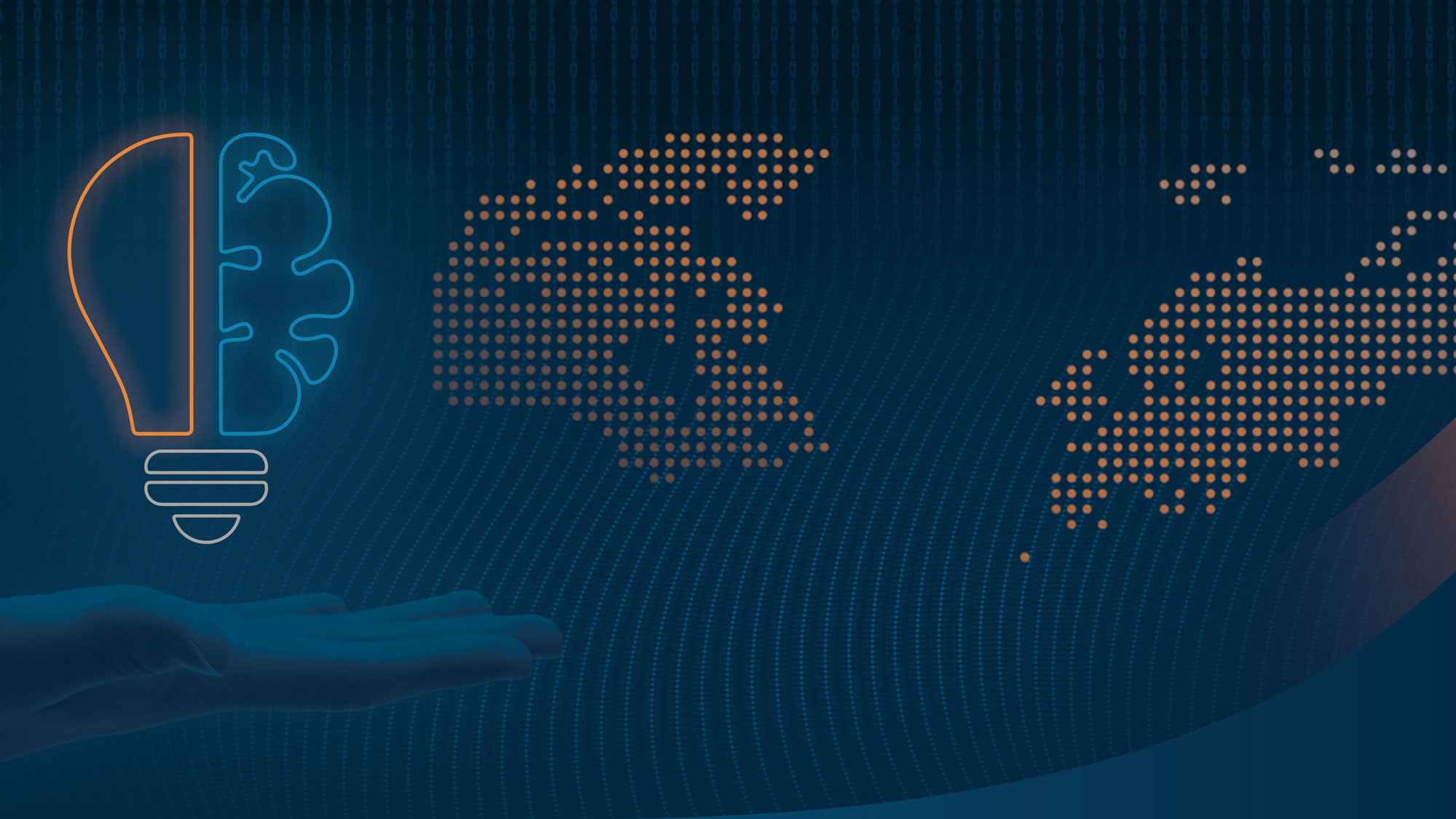IoT and Blockchain solutions to lead the adoption of disruptive innovations
INNOCAP partners organise the third online session to discuss on emerging technologies and other innovations for public services.

Northern Periphery and Arctic Programme funded and ERNACT led INNOCAP project partners have virtually met on the 19th of May for the third online session to discuss on some different possibilities that disruptive technologies, like Internet of Things (IoT) and Blockchain, can offer to support innovative public services.
The workshop commenced with a question for the INNOCAP partners: "What is IoT and why you should consider it?". According to Lukasz Porwol, from Insight Centre for Data Analytics - University of Galway (Ireland) and INNOCAP project partner, "IoT describes physical objects, or groups of such objects, with sensors, processing ability, software and other technologies that connect and exchange data with other devices and systems over the Internet or other communications networks. IoT has been considered a misnomer because devices do not need to be connected to the public internet, they only need to be connected to a network, and be individually addressable."
Lukasz presented a series of IoT tools and platforms that facilitate the main project objectives: upskill public sector staff to introduce disruptive technologies and other innovations in their tasks and responsibilities taking advantage of the existing innovation capacity and solutions ready to be used in the NPA; demonstrate the potential that the public sector has as gamechanger in the provision of public services; and, serve as example for other NPA public sector organisations and departments to adopt disruptive innovation by supporting the extension of the project results into other territories and service areas. Our partner brought into the spotlight WebThings, an open platform for monitoring and controlling devices over the web. As they explain on their website, this tool connects physical objects to the World Wide Web to create a decentralised IoT by giving connected devices URLs on the web to make them linkable and discoverable, and defining a standard data model and protocol to make them interoperable.
In addition, Lukasz presented Raspberrypi, a project to promote teaching of basic computing science in schools; the AirTag system, which sends out a secure Bluetooth signal that can be detected by nearby devices in the 'Find My network' and providing an anonymous and encrypted process to protect users privacy; and, Tile trackers to help finding lost keys, wallets or phones, as well as the free Tile app that work with Android® and Apple® devices.
What are blockchain technologies?
"A blockchain is a distributed ledger with growing lists of records (blocks) that are securely linked together via cryptographic hashes", stated Lukasz. Regarding the solutions taking advantage of blockchain, our partner commenced with the Crypto Wallet, a device / programme / service that stores the public or private keys for cryptocurrency transactions and it can also encrypt information.
Afterwards, INNOCAP partners found out more on Cryptocurrency and the use of Bitcoins digital currency that operates without the need of financial system or government authorities on a digital network. They also discussed on potential applications for the public sector like Smart contracts that facilitate the terms of an agreement or contract from outside the chain and automate the actions. The session continued with dApps and DaOs. The first ones refer to the decentralized digital applications that run on a blockchain network of computers instead of relying on a single computer. The second ones use smart contracts to work in a blockchain to help execute operations automatically when a set of criteria are met.
Public sector organisations in the Northern Periphery and Arctic area acknowledge the importance of introducing new innovations to meet the increasing demand from their communities to get quality and sustainable services. Stay tuned! INNOCAP partners will continue leading the adoption of disruptive innovations and digital technologies.
